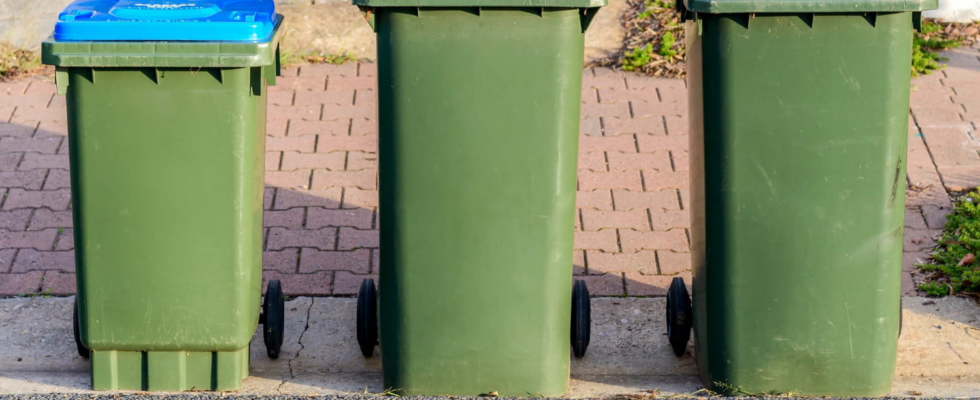You will soon have to think twice before taking out your trash. A new tax, which is starting to become widespread in France, will make you pay individually for each bag of waste you throw away.
When it comes to environmental protection, waste is at least as big a problem as greenhouse gases. Their quantity has continued to increase over the last decades, and their management poses a double problem. Ecological on the one hand, because incineration and landfilling of garbage are very polluting. Economical on the other hand, because the cost of collecting, sorting and processing waste continues to soar.
Faced with these realities, public authorities are exploring different avenues to reduce the quantity of non-recyclable waste produced each year, those which are the most costly for the community and the environment. And one of their levers of action is taxation, via the establishment of a “incentive pricing” for household waste. This can take the form of a tax (TEOMi) or a fee (REOMi) and operates on a variable share principle.
Currently, waste management is ensured by local authorities and financed by the Household Waste Removal Tax, the TEOM (without the i). This tax is calculated by applying a rate to the cadastral rental value of the housing which produces the waste. Its amount is therefore unrelated to the quantity of garbage actually thrown away. Incentive pricing changes this principle, by modulating the amount to be paid by the quantity of waste actually produced.
If the principle is legitimate, its implementation nevertheless risks causing the cost of waste to explode, and in a very unequal way depending on the households and territories. For example, the Community of Communes of Grand Ouest Toulouse applies an incentive taxconsisting of a fixed part, the amount of which depends on the volume of the bin and which gives the right to a certain number of lifts or deposits per year, and a variable part for each additional lift or deposit.
For door-to-door collection of a 240 L bin, it costs €74.06 for 10 collections per year, or less than one per month, and €17.25 per additional collection. For collection at a voluntary drop-off point, the annual flat rate then amounts to €43.20 for 28 deposits of 50 L bags, then €3.59 per additional bag. A restrictive system, which requires you to keep your waste for a long time between each collection or deposit, but whose prices still seem reasonable.
Things get worse, however, if we turn to the side of SMD3, the union responsible for waste in Dordogne. This organization is applying an incentive fee this time, at much higher prices. For a household of 2 people collected door-to-door, the annual package amounts to €362.59, for 13 removals of 120 L bins and 26 visits to the recycling center. Each additional bin lift then costs €11.16 and each additional trip to the recycling center costs €10.55.
From one territory to another, prices and collection methods are very heterogeneous. And from next year, millions of citizens will be faced with the implementation of incentive pricing, because the energy transition law for green growth has set a target of 25 million inhabitants covered by this system in 2025. Moreover, the Var department has planned the generalization of the system from 2026, and is testing it for a year in the community of communes of Pays de Fayence from 1er next January.
Faced with the inexorable arrival of waste incentive pricing, there is no other solution than to drastically change our habits. As only household waste is concerned (black trash bags) and recyclable waste (yellow bags) and glass are excluded, you will have to optimize your purchases and your way of living to produce as little as possible. Limit food waste, compost bio-waste, avoid single-use cleaning wipes, sort packaging correctly, etc.
But as virtuous as they are, these behaviors are unfortunately not within everyone’s reach. What about composting in collective housing in very dense cities? Or diapers for parents of young children or adults with incontinence? Incentive pricing being a measure which attacks the downstream (consumers) and not the upstream (companies) of waste production, and which focuses on individual rather than collective responsibility, it necessarily produces effects unequal edge.
